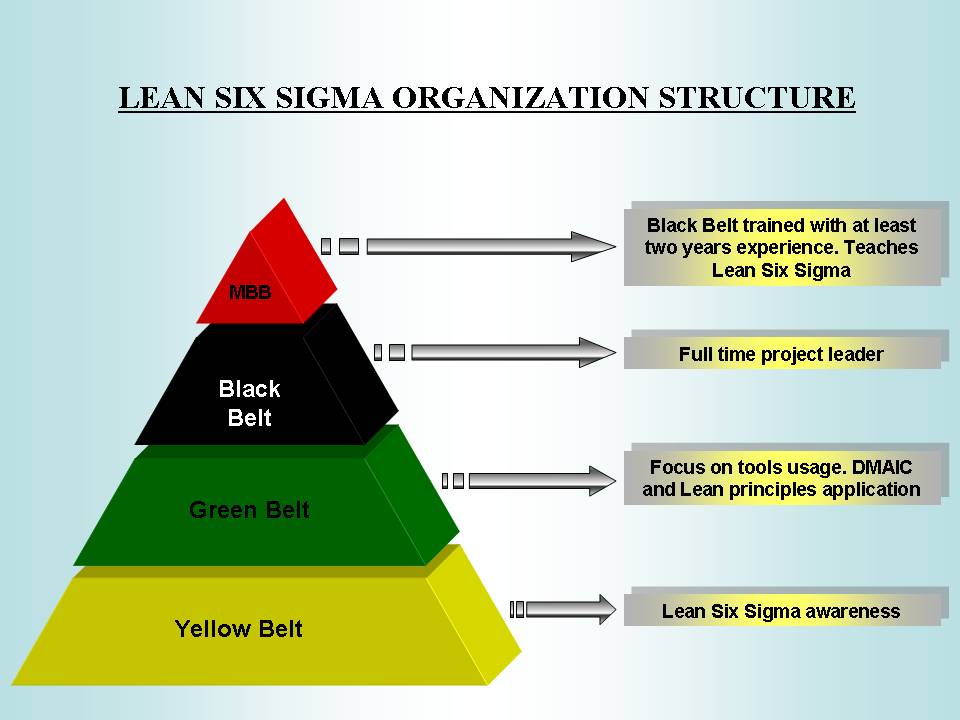


Accredited by Quality Qualifications Ireland (QQI) – 15 credits at Level 7 on the National Framework of Qualifications (NFQ).The course is delivered 100% online with 24/7 access to your course material and recorded lectures. Ireland’s largest online accredited Green Belt programme offering weekly live interactive lectures and regular Q&A sessions with your lecturer.Ten reasons to enrol on the ATU Sligo Green Belt course. This ‘learning by doing’ approach also allows for better integration of the tools into the participant’s workplace. Through practical examples and exercises, learners will become proficient in the use of the problem-solving techniques used to monitor and control processes.


This course will show you how to, reduce cost, increase quality, improve speed and make processes more effective and efficient in your organisation. This Green Belt course covers the use of statistical, analytical and operational improvement tools to improve processes using a structured problem-solving methodology. Successful candidates will receive a QQI accredited Level 7 Certificate in Lean Sigma Quality from ATU Sligo. The ATU Sligo Lean Sigma Green Belt provides participants with enhanced problem-solving skills, using the DMAIC (Define, Measure, Analyse, Improve and Control) model. The program covers the requirements of Lean Six Sigma methodology and its application for real-world problems or process improvement.2) Jan - May 2024: Six Sigma 2 or Lean & OpExģ) Oct 2023 - May 2024: Six Sigma ProjectĪpplication Closing Date: August 1st, 2023Įnrol in Ireland's largest accredited online Green Belt programme. Functional managers such as HR, IT and Finance.Engineers and Front and factory supervisor.Process Improvement and Quality control professionals.Some of the profiles for which this training is considered extremely relevant are: The structure of the course enables individuals working at any level in an organization to learn and understand the concepts effectively. This course is suited for people working in any domain who are involved in improvement initiatives or lead the delivery function, operations or support groups and are looking forward to improve their efficiency. This course will provide participants the necessary information required to lead and run Lean and Six Sigma projects with their respective work areas. They will be able to gather real world skills and experience with our live, hands-on training to support their organizations in increasing sales, becoming more cost- competitive, reducing risk and enhancing operational resilience. The training will help individuals to prepare and get ready to take up big, complex industry issues and opportunities to deliver outcomes that help grow, optimize and protect businesses. Participants will be exposed to some of the key Lean tools and 7 kinds of waste and value-stream mapping. The objective of EY’s Lean Six Sigma Green Belt Certification Course is to make the participants well versed with the concepts of Six Sigma and equip them with the knowledge of various tools - statistical as well as non-statistical - used within the framework of Lean and Six Sigma. Its ability to deliver tangible as well as intangible results is driving its adoption by businesses across the world as part of their operational processes. It ensures process stability and perfects processes and activities that add value. Six Sigma is a structured, data-driven methodology of improving the different processes of an organization to such an extent where it can reduce the defects to only 3.4 per 1 million opportunities. Six Sigma professionals are some of the most sought-after individuals because of the value they bring in and their ability to significantly improve the processes and make a positive impact on the organizational goals. Six Sigma is one of the most effective tools to achieve this desired state. They are required to balance the increasing needs for agility and responsiveness against those for driving down costs and improving cash. Businesses today are undergoing radical restructuring as they meet the challenge of improving performance in a world of unprecedented complexity and opportunity.


 0 kommentar(er)
0 kommentar(er)
